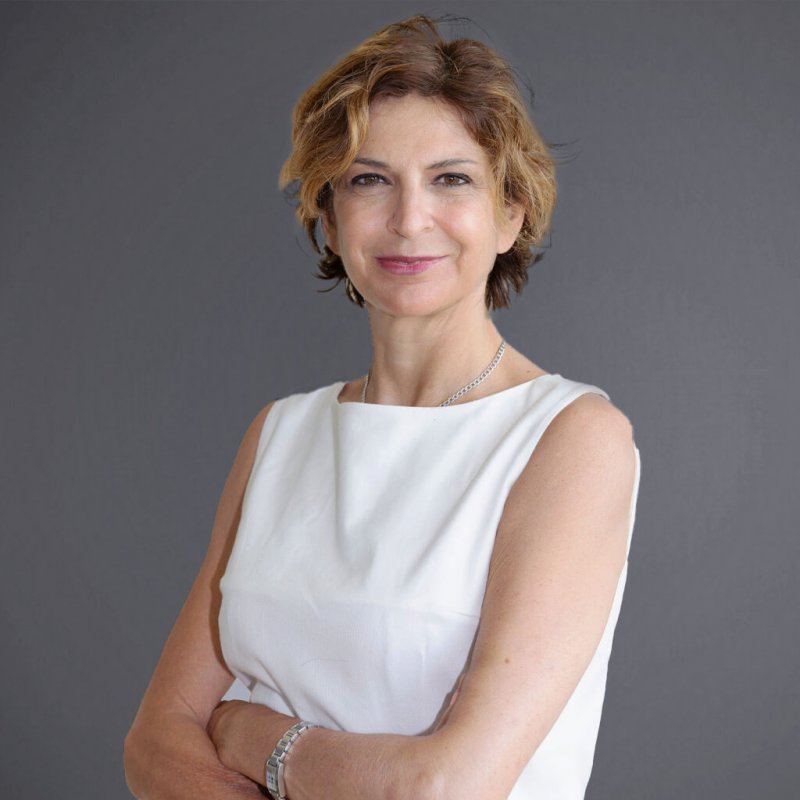Smoking and the importance of prevention

出版日期: 08-11-2023
更新日期: 23-11-2023
主题: 肺部疾病
预计阅读时间: 1 分钟
Tobacco is one of the most harmful products we know: according to WHO, it is responsible for more than 7 million deaths worldwide each year. Although the health effects of smoking are well known, there are still more than one billion smokers in the world, lighting more than 6 trillion cigarettes each year.
Starting in 2020, Ospedale San Raffaele has launched a free screening program for heavy smokers that aims to assess the health status of the heart and lungs and aims to develop new tools for early detection of smoking-related diseases, which will make it possible to enable early therapeutic intervention.
We address the issue of the importance of prevention in the fight against smoking to Prof. Giulia Veronesi, coordinator of the research project related to the screening program and head of the strategic program of Thoracic Robotic Surgery Unit at Ospedale San Raffaele and specialist at the Department of Thoracic Surgery.
The effects of smoking on smokers, non-smokers, environment
"Cigarette smoke contains more than 7,000 different chemicals. Many of these are toxic, such as nicotine or heavy metals, and at least 70 are carcinogenic to humans," Professor Veronesi says. “This is why smoking causes many diseases”. In addition to lung cancer, just to name a few, there are:
- 10 types of cancers;
- heart attack;
- hypertension;
- chronic respiratory diseases;
- stroke;
- type 2 diabetes.
Secondary smoke
"The substances contained in smoke are not only inhaled by smokers by inhaling through the filter, but are dispersed into the environment, in this case we can talk about secondary smoke, emitted from the tip of the cigarette," the specialist explains.
Secondary smoke has higher toxic concentrations, because it is produced at lower temperatures, and harms nonsmokers either through direct inhalation or through objects on which it settles.
"Finally, there are effects on the environment," the doctor continues, "residues of toxic substances remain in cigarette butts and end up in the environment in impressive quantities. In 2018 alone, nearly 6 million were collected on beaches around the world." Producing tobacco is also an extremely harmful activity for the environment as it contributes to desertification and global warming by high CO2 emission.
It's never too late to quit smoking
Quitting smoking is an act of responsibility to oneself, the people around us and the environment.
"It's never too late to quit smoking: in fact, we know that after a sufficient number of years away from cigarettes, the risk of developing smoking-related diseases decreases and can return to the same level as nonsmokers. However, those who smoke a lot, and have been smoking for a long time, in addition to quitting smoking, should keep their health status in check", explains Giulia Veronesi.
Lung cancer and the importance of early detection: free check-up
Lung cancer is often called silent killer precisely because of its ability to go undetected until the more advanced stages of the disease, when intervention becomes more difficult. Not surprisingly, while it is third in population incidence, it is first in mortality.
This is why making an early diagnosis can make a difference in terms of therapeutic efficacy. A small lung tumor can be excised by a minimally invasive robotic lung-sparing surgical approach (robotic segmentectomy).
"It is with this in mind that Ospedale San Raffaele is offering a free screening program aimed at heavy smokers, those who have been smoking, that is, for more than 30 years, or who have smoked and quit for less than 15 years with an age of 50 or older," the specialist continues.
The program offers the opportunity to have a free check-up of your lung and heart health and to quantify your risk level. It consists of an interview and questionnaire about one's lifestyle, a low-dose CT scan, a blood test, and spirometry, to assess respiratory capacity."
The ultimate goal, in addition to making early detection of cancer, respiratory and heart disease in heavy smokers, is to develop an artificial intelligence model for early detection integrated with circulating molecular and cellular markers.
"The prevention project, which began before the COVID-19 pandemic," concludes Professor Giulia Veronesi, "is even more important today, especially after this long period of emergency in which prevention has been forcibly neglected."

